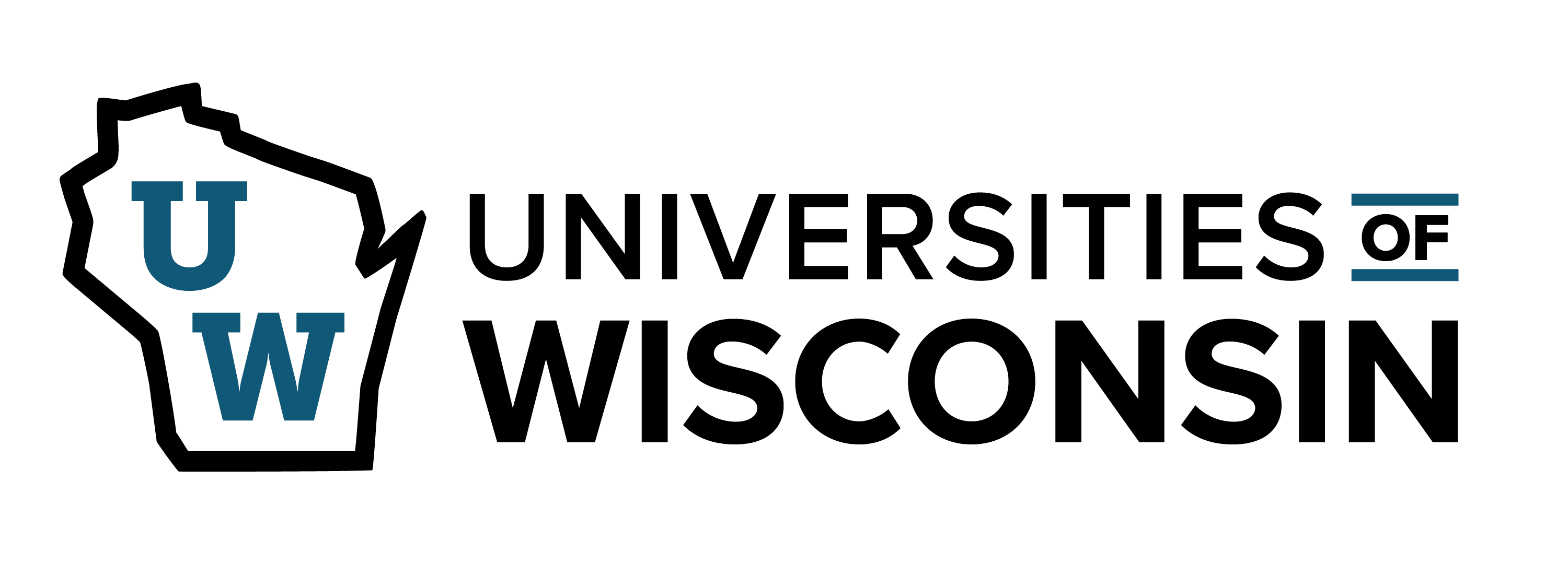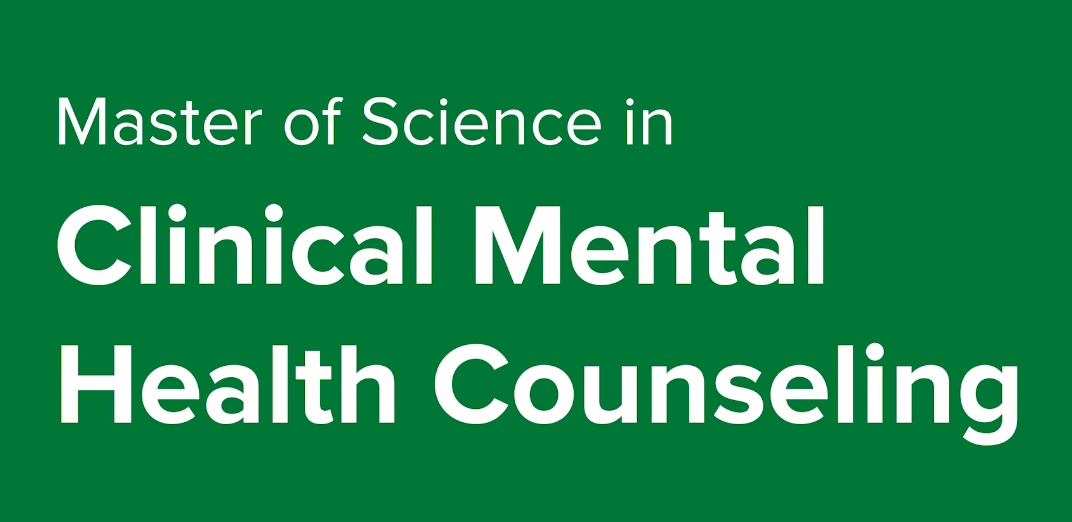MASTER OF SCIENCE IN CLINICAL MENTAL HEALTH COUNSELING
Be prepared for a career as a licensed professional counselor, where you are able to empower individuals, families, and groups to accomplish their mental health, wellness, education, and career goals.
You’ll engage in classroom learning rich in practical and theoretical knowledge, and clinical training. Plus, you have the opportunity to apply clinical skills in practice under close supervision by licensed faculty supervisors.
New Flexible Online Option Available!
In addition to our on-campus program, we are excited to introduce a new online option for the Master of Science in Clinical Mental Health Counseling, starting in September 2025!
Delivered in partnership with UW Online Collaboratives, this 60-credit program offers the same rigorous curriculum taught by our expert UW-Parkside faculty, preparing you for licensure in Wisconsin and Illinois. Enjoy the convenience of online learning and complete your required in-person practicum and internship in a location near you.
It's the same respected degree, now with the flexibility to fit your life.
The need for clinical mental health counselors continues to increase in the region and state. With the development of mental health parity laws, more people are accessing health insurance and mental health services. The demand for highly trained counselors, offering evidence-based interventions in mental health treatment settings, exists in clinics, agencies, integrative care settings, and private practice. Students will develop skills critical to effective clinical mental health counseling such as: assessment, diagnosis, intervention, advocacy, and program evaluation.
A CMHC MS degree can lead to work as a professional counselor working with a range of populations (children and families, adults, couples, and groups) in a variety of settings including
• Mental Health outpatient care
• Hospitals
• Clinics
• Agencies
• Integrative Care Settings
• Private Practice
Several factors set this 60-credit hour counseling program apart from other clinical training programs. The program meets the educational requirements for licensure as a professional counselor and prepares you for a career as a Licensed Professional Counselor. As a graduate student, you have the opportunity to:
- Develop knowledge, skills, and awareness for a future career as a clinical mental health counselor.
- Receive clinical supervision, mentorship, and advising from licensed faculty and supervisors.
- Collaborate with faculty in determining practicum and internship placements that meet your clinical training needs and match your career interests.
- Develop collaborative relationships with peers and faculty members through either a full-time or part-time program of study.
- Collaborate with faculty members conducting research.
Admissions will occur on a rolling basis with the initial review of applicants on February 15 and every 30 days thereafter until July 1. Hoping to start in Fall and the in person date has past? Check out the new online offering.
Vision
The Clinical Mental Health Counseling program at the University of Wisconsin-Parkside seeks to train and educate students to be professional counselors who meet the mental health, wellness, education and career needs of all members of their communities and the broader region. Program faculty aim to foster students’ professional, personal, and social growth so students develop to be ethical, trauma-informed, multiculturally competent counselors and leaders in the counseling profession.
Mission
To prepare counselors-in-training to meet the mental health, wellness, education and career needs of their communities and broader region, with a commitment to underserved populations. In addition, to work towards eliminating mental health stigma, through both professional leadership and providing ethical, trauma-informed and culturally competent counseling services, informed by current research, holistic care, and clinically effective interventions.
Do you have a bachelor's degree in something other than psychology?
The Clinical Mental Health Counseling program is designed for people who want to help others. In addition to psychology majors, sociology, anthropology, criminal justice, communication, education, and students with other undergraduate majors can pursue the MS in Clinical Mental Health Counseling.
ADMISSION REQUIREMENTS
18 Credits in Social Sciences
GPA of 3.0
FIND OUT MORE!
Learn more about application requirements, program schedule, and licensure at our open houses in October and March. Other available resources include a program interview on Community Matters, WGTD radio. We also encourage you to review the video testimony from a Clinical Mental Health Counseling graduate student.
CLINICAL MENTAL HEALTH FACULTY INTERVIEW
PROGRAM RESOURCES
Frequently Asked Questions
What courses are considered social science?
Courses from the following academic disciplines are considered social science for the purposes of applying to the CMHC program at UW-Parkside: psychology, sociology, anthropology, criminal justice, communication, education, and political science. Other disciplines may be accepted.
What if I do not have a minimum of 18 undergraduate social science courses?
Applicants who do not meet the minimum social sciences requirement should e-mail Dr. Robtrice Brawner, Coordinator of CMHC Program cmhcgradprogram@uwp.edu.
What if I do not have a minimum undergraduate GPA of 3.0?
Applicants with an undergraduate GPA between 2.75-2.99 may be admitted on a probationary status.
E-mail Dr. Robtrice Brawner, Coordinator of the CMHC Program cmhcgradprogram@uwp.edu. if you have questions about this requirement.
How do I find out if something is missing from my application?
Letters of recommendation can be tracked on the application. All other application documents can be tracked through solar.
How will I find out the decision?
After all required application materials are submitted by the application deadline, a committee will review the application and make a decision. Typically within thirty days, decision letters are sent by email if the application is submitted by the deadline.
You may also call us to check the status of your application: 262-595-2355. A decision can only be shared directly with the student who applied.
PROGRAM CONTACT INFO
Robtrice Brawner | 262-595-2980 | cmhcgradprogram@uwp.edu
